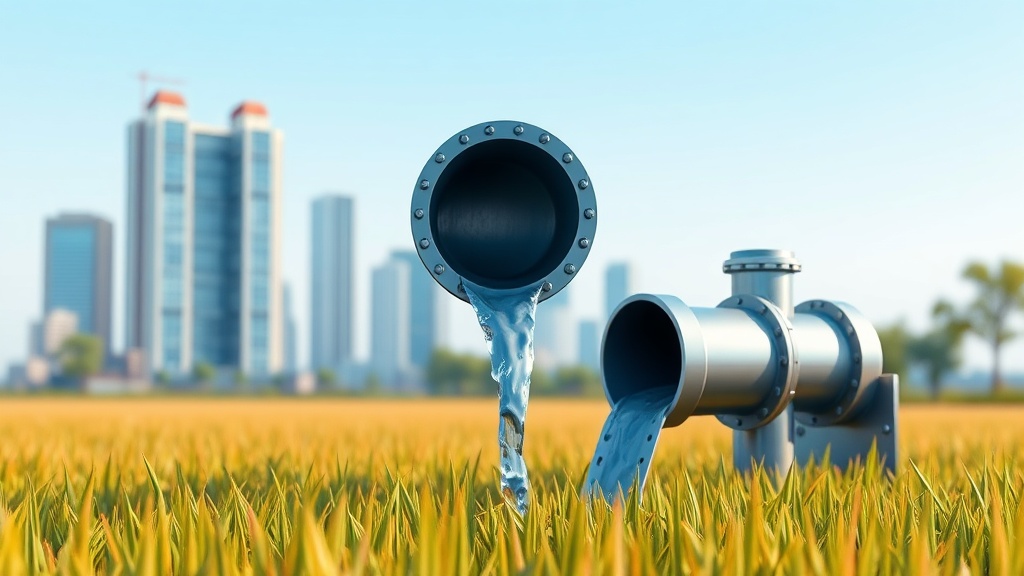Home / Environment / Toxic Cocktail: India's Silent Water Crisis Threatens Public Health
Toxic Cocktail: India's Silent Water Crisis Threatens Public Health
4 Nov
Summary
- Groundwater contamination by heavy metals and pesticides
- Filtration systems failing to remove toxins, creating false sense of security
- Severe health consequences like fluorosis and cancer affecting millions

As of November 2025, India is facing a silent water crisis that extends far beyond scarcity. A toxic cocktail of heavy metals and pesticides is increasingly seeping into household water supplies, turning what should be life's most essential resource into a potential health hazard.
Groundwater, which supplies nearly 85% of rural drinking water and 45% of urban needs, is under unprecedented stress. Years of over-extraction have depleted aquifers and concentrated naturally occurring toxins like arsenic and fluoride. Intensive agriculture has also leached pesticides deep into groundwater, while unregulated industrial discharge has introduced heavy metals like chromium, lead, cadmium, and mercury.
The crisis is compounded by the widespread use of ineffective water filtration systems. Recent research from IIT Madras has found that while branded filters maintain removal efficiency for up to 12,000 litres, ordinary and unbranded filters often fail after just 10 litres, creating a dangerous false sense of security, especially in rural and low-income households.
The health consequences of long-term exposure to this contaminated groundwater are already manifesting across India. High-arsenic belts in West Bengal and Bihar are marked by 'blackfoot disease', while Rajasthan and Andhra Pradesh struggle with endemic fluorosis. Punjab also reports chronically elevated cancer rates tied to pesticide-tainted water.
Urgent, multi-tiered action is required to address this crisis, including protecting groundwater from further chemical loading, restoring aquifers, and enforcing strong water governance. Technology alone cannot be the solution - a comprehensive approach is needed to safeguard India's most vital resource and the health of its people.



